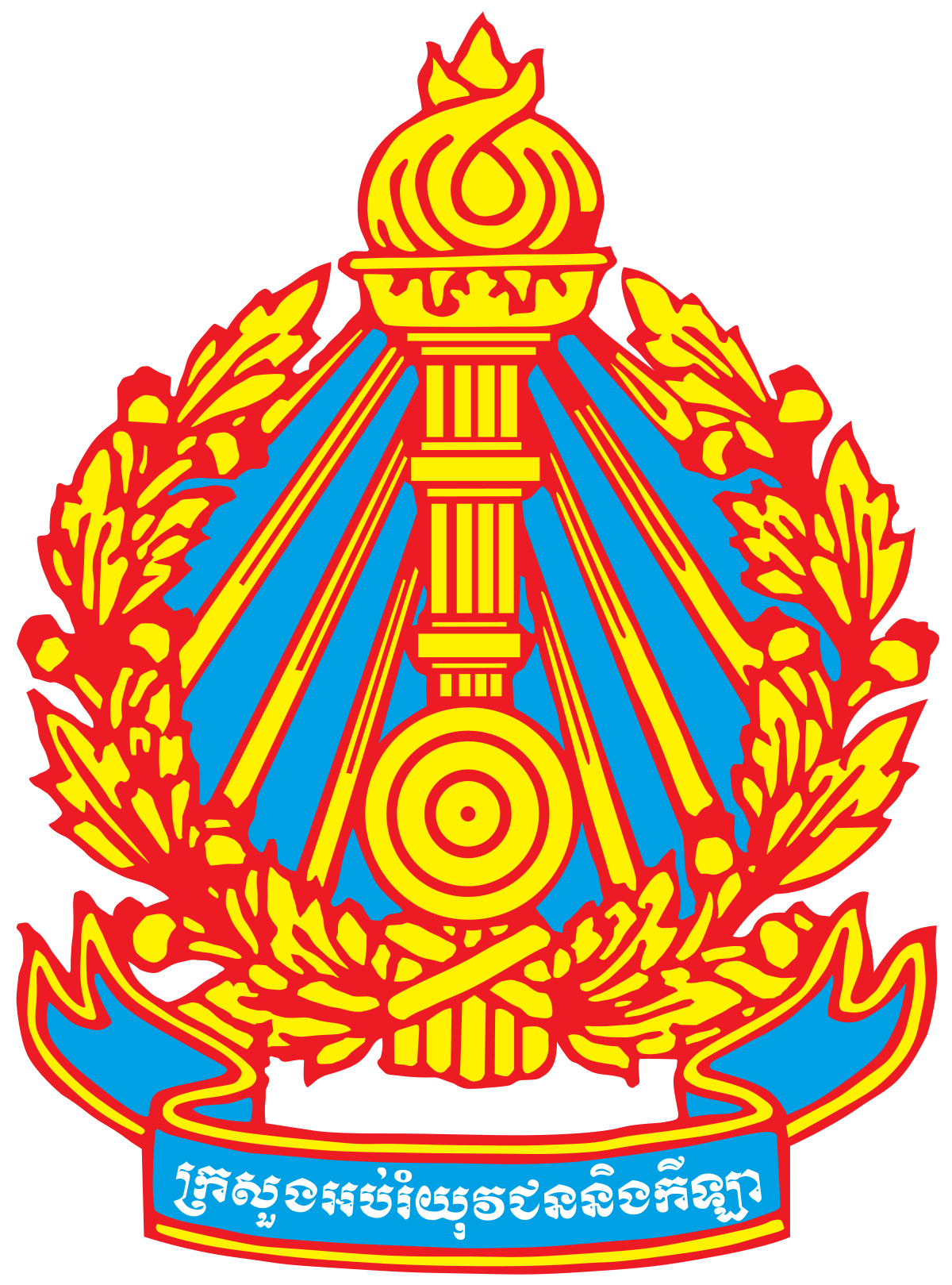

All grades follow a comprehensive international curriculum. Grades 1 & 2 are a continuation of the ECE program with a focus on language arts and numeracy. Grades 3-6 follow a recognized US-centric curriculum that has had exceptional results with some of our students placing high in international competitions for mathematics and language arts.
Mathematics
Liberty follows a US-centric curriculum in preschool and primary. English and language arts are two of the most basic and widely taught subjects in United States schools. Liberty separates English and language arts into five basic categories: reading, writing, speaking, listening and viewing.
At the primary level language arts classes focus on basic reading, writing and linguistic / communication skills. Periods of silent sustained reading, syntax, thematic writing and vocabulary are all major focal points of our primary lessons. Through these exercises, children are expected to develop reading and writing skills at an early age.
Science for all levels
of primary
The national curriculum is light on science but Liberty's international curriculum includes a science component for all levels.
Science education aims to develop scientific literacy among students and to develop scientifically, technologically, and environmentally productive members of society.
Arts & Music
Grades 1-3: The learner demonstrates understanding of fundamental processes through performing, creating, and responding, aimed towards the development of appreciation of music and art, and acquisition of basic knowledge and skills.
Grades 4-6: The learner demonstrates understanding of basic elements and concepts through performing, creating, and responding, aimed towards the development of appreciation of music and art, and acquisition of basic knowledge and skills.
Values & Routines
Literacy and numeracy are important, very important. However, we also endeavor to impart good moral character, graceful manners, and culturally appropriate social skills. The LIS curriculum is based on the truism that education is a holistic process based on aptitude, a positive attitude, and a desire to develop routines and skills that lead to a habit-forming commitment to lifelong learning.
Overview: Mathematics & Key Stage Standards
Mathematics Grades 1-3
All levels with complete international curriculum & textbooks
At the end of Grade 3:
Understanding of key concepts and skills involving numbers such as whole numbers up to 10,000, and the four fundamental operations(addition, subtraction, multiplication, division).
Concepts and Skills:
- basic concepts about money
- basic concepts of fractions
- measurement of time, length, mass, capacity, area of square and rectangle
- geometry of 2- dimensional and 3-dimensional objects, lines, symmetry
- patterns and repeating patterns
- elementary statistics and probability including data collection and representation in tables and bar graphs
These skills and concepts are intended to be applied in critical thinking, problem solving, reasoning, communicating, and decision-making in real life.
Mathematics Grades 4-6
All levels with complete international curriculum & textbooks
At the end of Grade 6 :
Students should have developed the essential skills of scientific inquiry:
- designing simple investigations using appropriate procedures, materials and tools to gather evidence
- observing patterns, determining relationships, drawing conclusions based on evidence
- communicating ideas to make meaning of the observations and/or changes in the environment
The concepts and skills learned will be applied to good health, ensure the protection of the environment, and safety practices.
Overview: Science Learning Objectives Primary
Science Grades 1-3
All levels with complete international curriculum & textbooks
At the end of Grade 3:
Science education aims to develop scientific literacy among learners that will prepare them to be informed citizens able to make judgments and decisions about social, health, or environmental impacts.
- healthy habits
- curiosity about self and environment
- basic process skills of observing, communicating, comparing, classifying, measuring, inferring, and predicting
It is our desire to develop and encourage curiosity that will help learners to value science and grow their interest in the concepts and knowledge that lead to a better understanding of scientific methods.
Science Grades 4-6
All levels with complete international curriculum & textbooks
At the end of Grade 6 :
Understanding of key concepts and skills involving numbers:
- number sense such as whole numbers, number theory, fractions, decimals, ratio and proportion, percent and intergers
- measurement of time, speed, perimeter, circumference and area of plane figures, volume and surface area of solid/space figures, temperature and meter reading
- geometry such as parallel and perpendicular lines, angles, triangles, quadrilaterals, polygons, circles, solid figures
- patterns, number sentences, sequences, and simple equations
- statistics and probability including bar graphs, line graphs, and pie graphs as applied using appropriate technology
These concepts and skills apply in critical thinking, problem-solving, reasoning, communicating, making connections, representations, and decision-making in real life.
